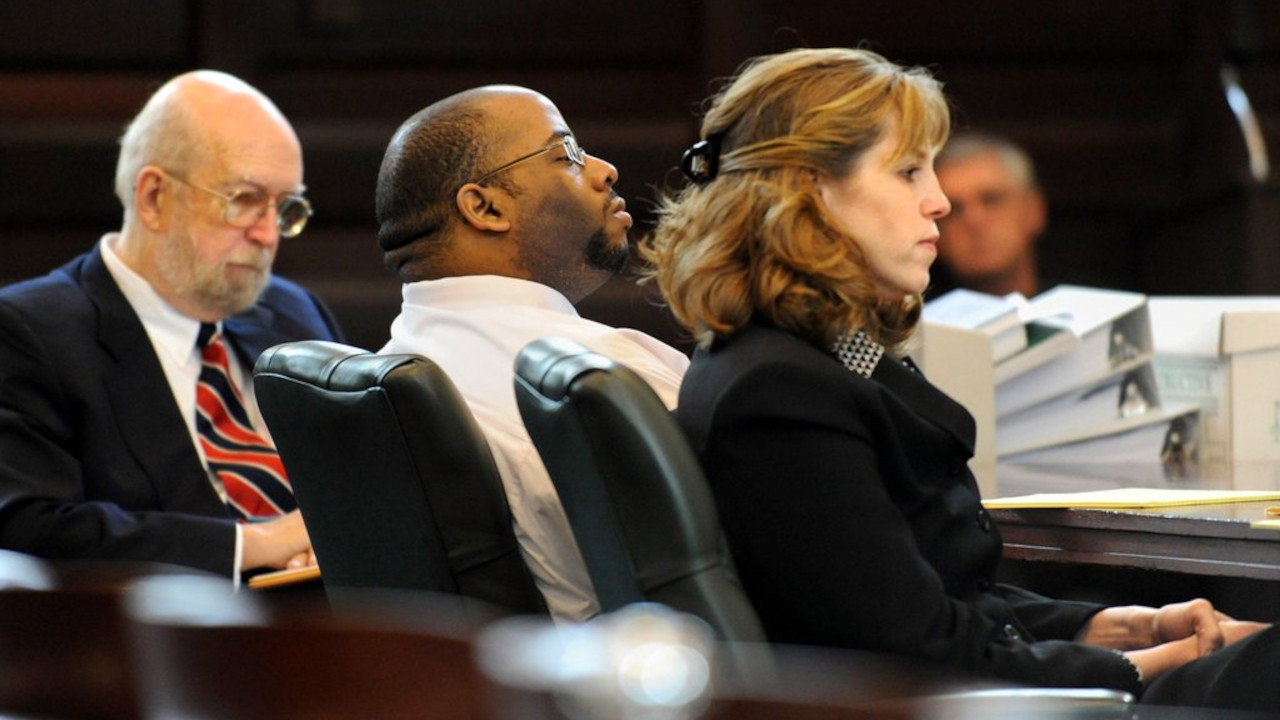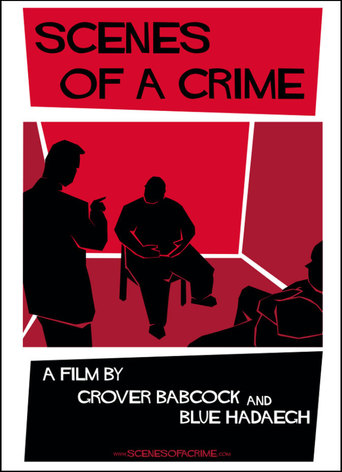Taraparain
Tells a fascinating and unsettling true story, and does so well, without pretending to have all the answers.
runamokprods
Told in a simple, straightforward low fi way, this builds incredible tension and is deeply disturbing both about the justice system and about those who work in it, as well as those who serve on juries. note - spoilers ahead. It's impossible to discuss the film without giving things away. I saw it knowing little about the case, and I think that added to it's power. So if stories of justice denied like "The Think Blue Line" and "Making a Murderer" interest you, I'd just say this is well worth seeing, without reading further.A large part of the film is just raw surveillance footage from the interrogation of Adrian Thomas by local police in upstate New York. What's clear is that from the very start these cops have no doubt or question about Adrian's guilt in battering is infant son (although later evidence showed the boy wasn't battered at all but was ill with a system wide staph infection), so everything they do hour after hour, day after day of interrogation is to try to push Adrian to confess to their version of events. To that end they cajole, bully, and most horrifyingly lie, making him believe that even if he admits accidentally injuring the child there will be no criminal charges. They also won't let him see his critically ill child (and imply that if he confesses he can). They tell him that if he doesn't confess they'll go after the child's mother – in other words blackmail. But perhaps even more chilling are the interviews with the officers months later, where they show not a hint of questioning of their own techniques. They so assume that their version of truth is the only truth, that lying and doing whatever was needed to get Adrian to go along is not only OK, but is heroic police work. Similarly, the prosecution blithely ignores ever more compelling evidence that completely undermines their case and should have led them to at least question their own case. And then there are the interviews with two older white female jurors considering the fate of this huge black guy. In one case the woman admits to having doubts even though she voted 'guilty', and the other proudly talks about how she basically 'felt' Adrian was guilty no matter what the evidence said and so voted to convict. Simple, powerful effective and deeply chilling.Note: Since the film was made the conviction was overturned, so at least there's that cold comfort.
Davis
I saw this film at the Full Frame Documentary Film Festival. This is an amazing documentary about a criminal case in New York where the police recorded a very long interrogation with a murder suspect. The film contains some extremely heart-wrenching scenes inside the interrogation room - it makes you aware that we really don't understand what happens every day in police stations. The police are investigating the death of the suspects child, after he was taken to the hospital in a coma. In the early part we see that the suspect confessed (after hours and hours) but that turns out to be only the beginning of the story. The police feel like they simply brought out the truth - but a defense expert says they used lies and other tricks to manipulate the suspect. And then the police pretty much agree! That's the heart of this film: the filmmakers really try to show all sides of the story, and give you everything bit by bit - including medical evidence. The case eventually goes to trial - and we get to actually hear the jurors talk about how they made their decision: amazing! A very revealing documentary about our justice system, and in particular, interrogations, which are a lot more complicated that they seem on "Law and Order."

